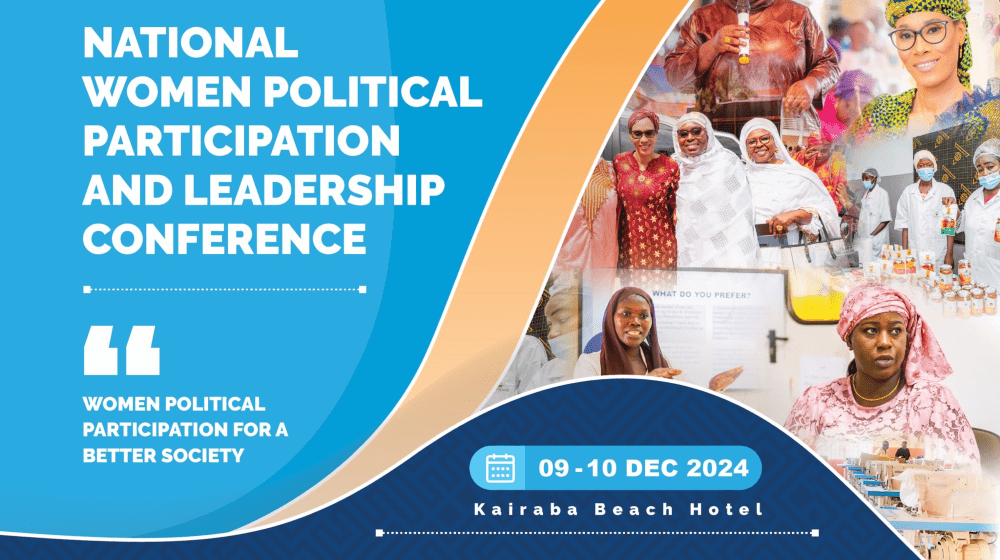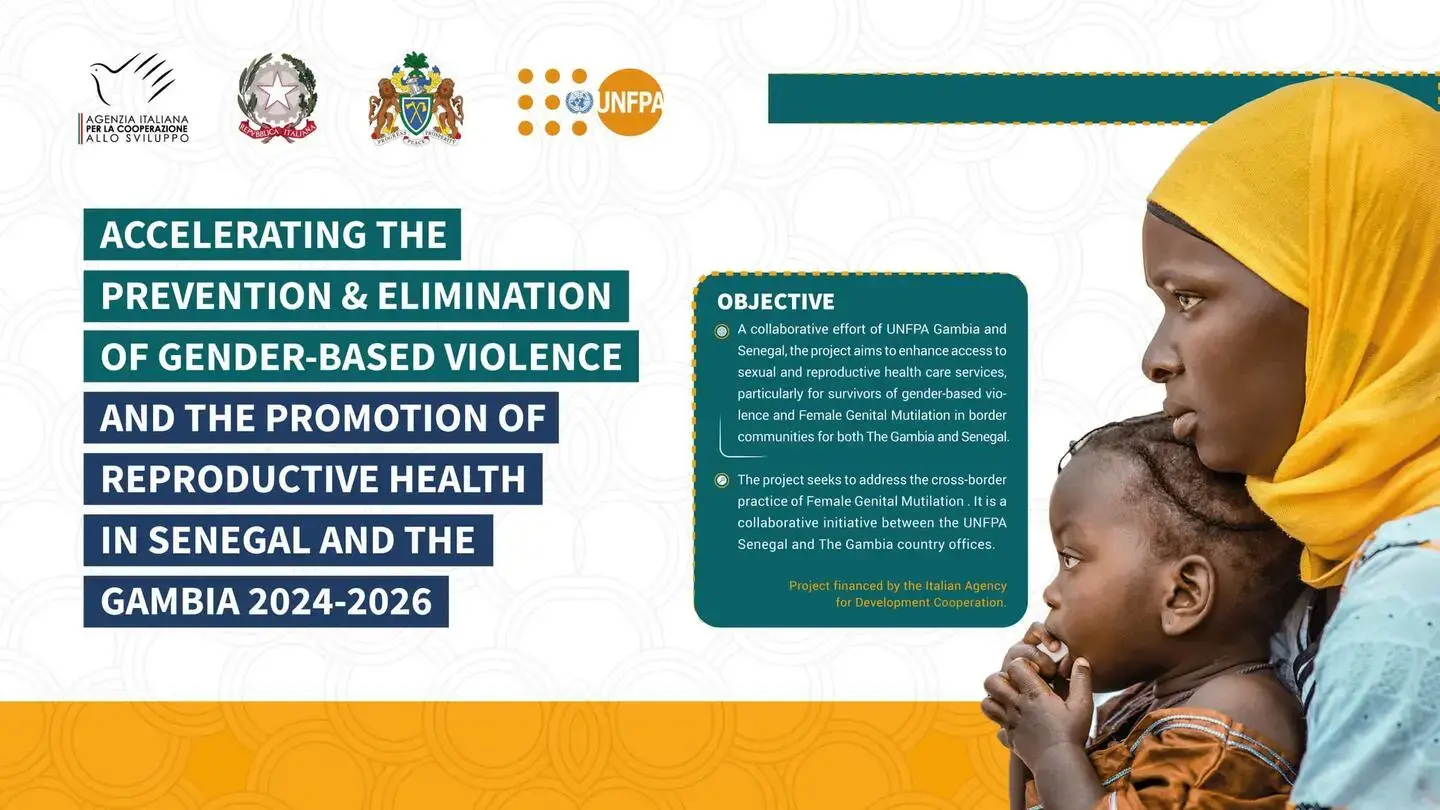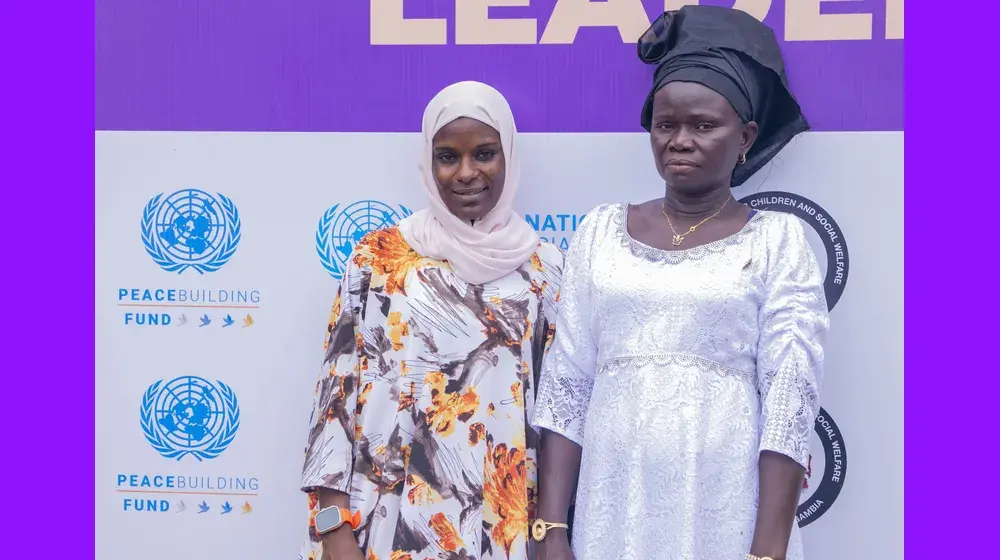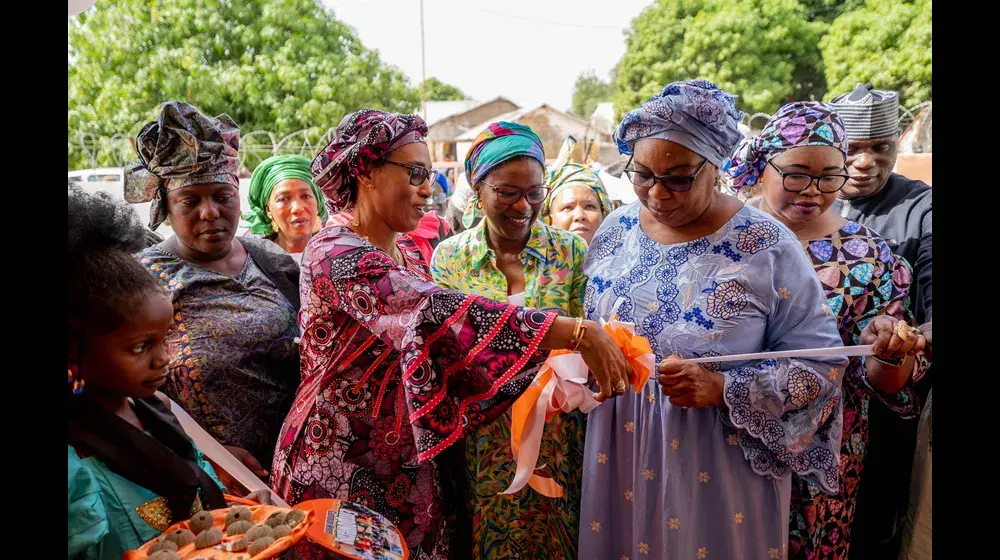From 9-10 December 2024, stakeholders, including women representatives from across the country, gathered to reflect on the progress made in the women’s political participation project. The event, which celebrated the conclusion of the Project, also served as a platform to foster dialogue and action to amplify women’s voices in leadership and governance.
The project, funded by the United Nations Peacebuilding Fund, has been instrumental in advancing women’s political empowerment. Focusing on strengthening national legislation, political party bylaws, and capacity-building for women leaders, the initiative has made considerable strides in ensuring that women's voices are heard and that they actively take part in shaping the country’s future.
A Milestone in Women’s Representation
One of the project's most notable achievements has been the significant increase in women’s representation at the local government level. Participation in local elections surged by 78.3%, with the number of women appointed to district tribunals rising from just five to twenty-three. This remarkable progress manifests the growing trend of gender-inclusive governance in The Gambia.
Legal Reforms and Capacity Building
Beyond increasing representation, the project has strengthened legal frameworks and policies promoting women’s participation in politics. Advocacy efforts surrounding the Women's Reservation Bill and establishing a quota system have become central to the dialogue on gender equality in decision-making. The Inter-Party Committee (IPC) has played a crucial role in fostering these discussions, urging political parties to adopt gender-responsive strategies and mobilise resources to support female candidates.
In addition to legal and policy advocacy, the project focused on capacity building for both men and women. Traditional and religious leaders, youth advocates, and men and boys were engaged to challenge harmful cultural norms and raise awareness about the importance of women’s leadership in all spheres of society.
Economic Empowerment through Innovation
The project also saw the establishment of two major initiatives designed to empower women economically by raising campaigns for female candidates. The Women’s Resource Centre offered training, mentorship, and support to aspiring female leaders, while the GambiFoods Food Processing Centre not only addressed climate change through reduced agricultural waste but also provided financial support for women political candidates, tackling one of the key barriers to their political participation.
Looking Ahead: A Strong Legacy
Though the Women Political Participation Project formally concludes, its legacy is expected to continue changing the lives of its target beneficiaries. The empowered women strengthened structures and the positive societal change it has fostered lay a strong foundation for ongoing progress in gender equality and women empowerment. The project has highlighted that inclusive leadership is critical for the progress of any society, with women’s participation being an essential element for building a fairer, more prosperous future.
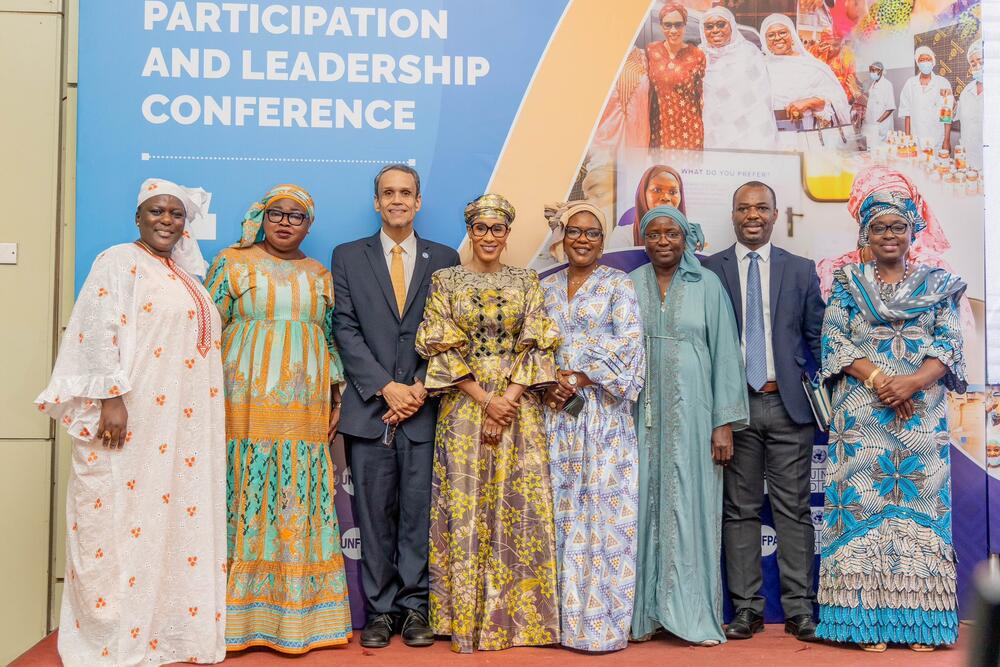
Media contact: Fatoumatta Cham, Program Analyst-Communications (fcham@unfpa.org)

